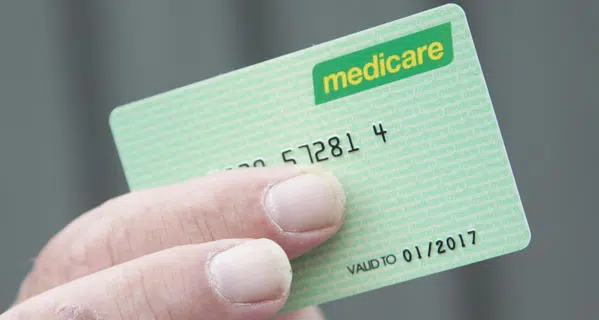
In her announcement statement, she said, “Too often, justice-involved individuals who have paid their debt to society confront daunting obstacles to good jobs, decent housing, adequate health care, quality education, and even the right to vote. National Reentry Week highlights the many ways that the Department of Justice – and the entire Obama Administration – is working to tear down the barriers that stand between returning citizens and a meaningful second chance – leading to brighter futures, stronger communities, and a more just and equal nation for all.”
This topic has become more prevalent as the justice system is faced with what some are calling a ‘proverbial revolving door’ of offenders that are returning to prison over and over again. Advocates for reform have called into to question the minimum sentences for drug related offenses in addition to proposing a more focused education and rehabilitation program. They believe this can help keep former offenders away from becoming reoffenders.
The spirit of this mentality was displayed in a big way on APR 22nd when an executive order was issued in Virginia by Gov. Terry McAuliffe to restore the voting rights of approximately 200,000 felons who have been released from prison.
Currently there are 14 states that allow felons who have served their prison sentences to regain their voting privileges, even while on parole or probation.
It’s been instructed that the federal Bureau of Prisons create individualized reentry plans for each inmate, accounting for education level, substance abuse and criminal history. Additionally, the agency will reviewing its web of halfway houses and analyzing its education, job training and life skills programs to more accurately serve the needs of the inmates.








